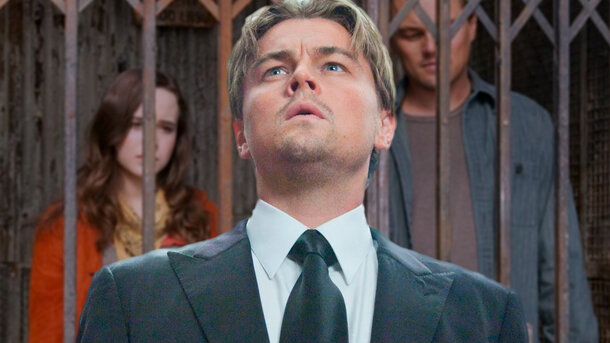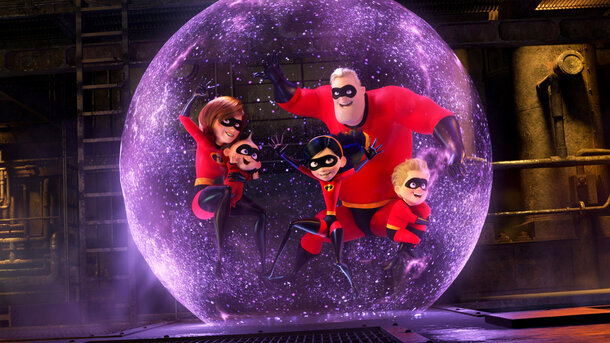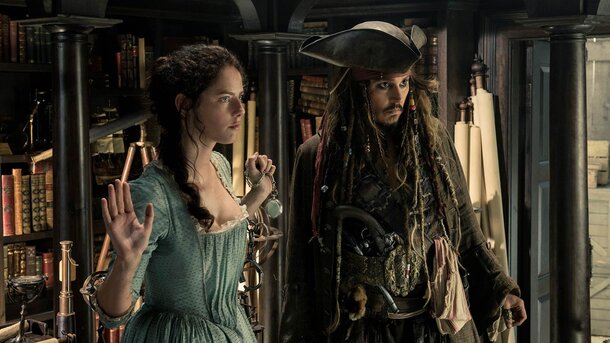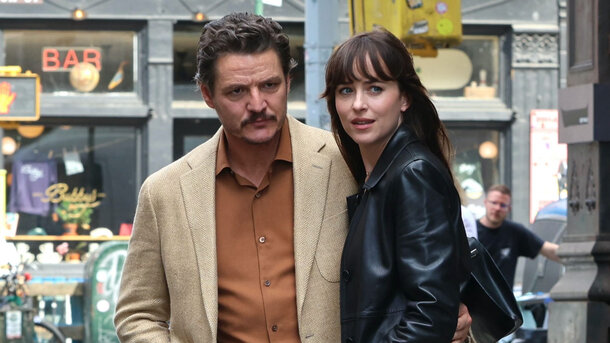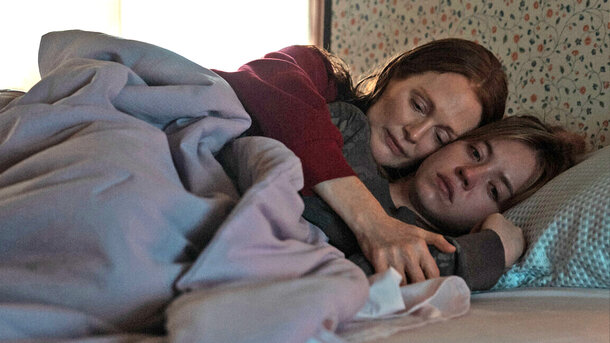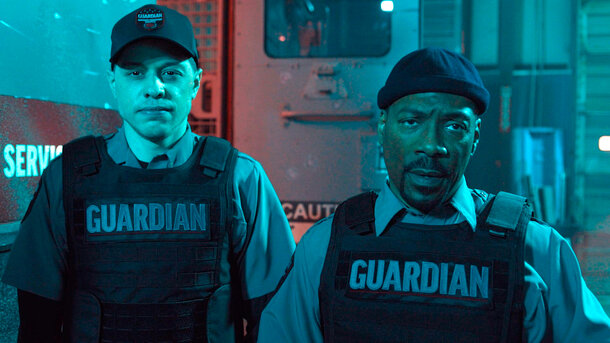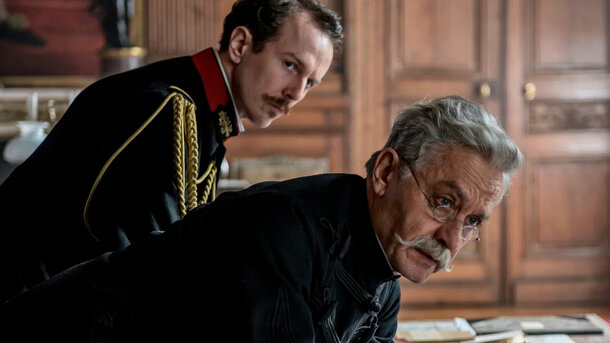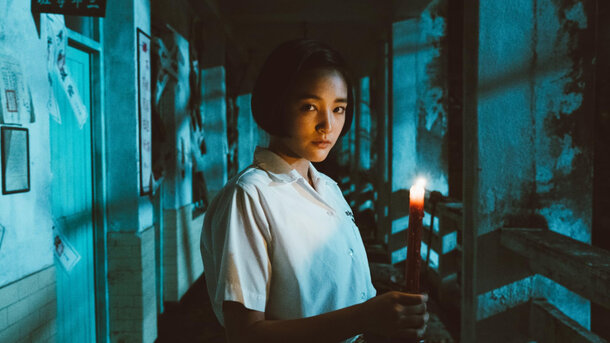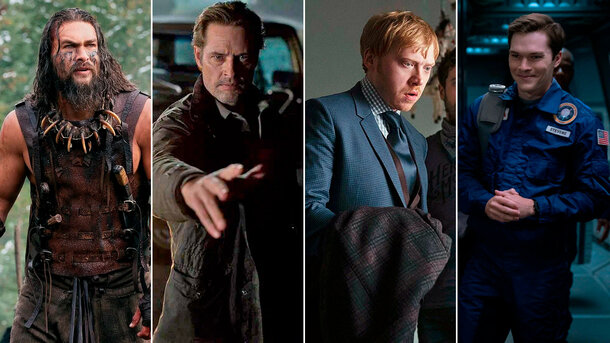Christopher Nolan has long established himself as a master of modern cinema, known for his distinctive directorial style and deeply layered concepts. His films are not just visually impressive blockbusters, but intricately crafted universes where every element is deliberately chosen and carries meaning.
The director’s craftsmanship is evident in his ability to weave subtle nuances into the narrative — from carefully selected musical themes to symbolic character names and hidden time markers. This is especially prominent in the iconic Inception, where even the duration of certain scenes is precisely synchronized with the overall runtime of the film.
The runtime of Inception
In the film, Edith Piaf’s song 'Non, je ne regrette rien' plays a far more significant role than just background music. Nolan went beyond the typical use of melody in storytelling.
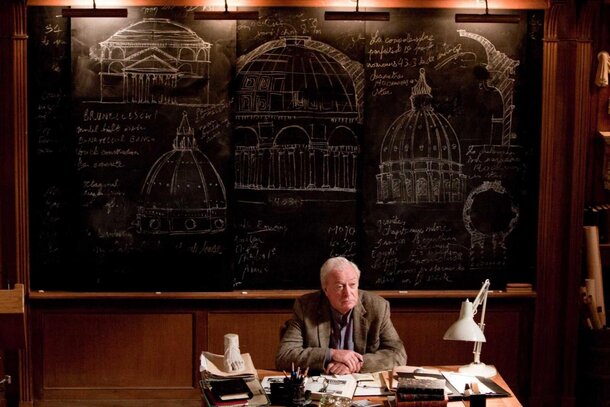
The total runtime of the film — 2 hours and 28 minutes — is not a random coincidence, but a subtle reference to the original length of Piaf’s song, which is exactly 2 minutes and 28 seconds. In this way, the director created a sort of 'matryoshka' of time segments. This clever move reflects Nolan’s signature approach to filmmaking as a precise mechanism.
Filming Inception
Christopher Nolan developed Inception under the strictest secrecy. To mislead the curious, he deliberately spread false information about the production of a sci-fi movie about “mental architecture.”
Even the completed film was shipped to cinemas under the code name Hourglass, carefully concealing its true content.
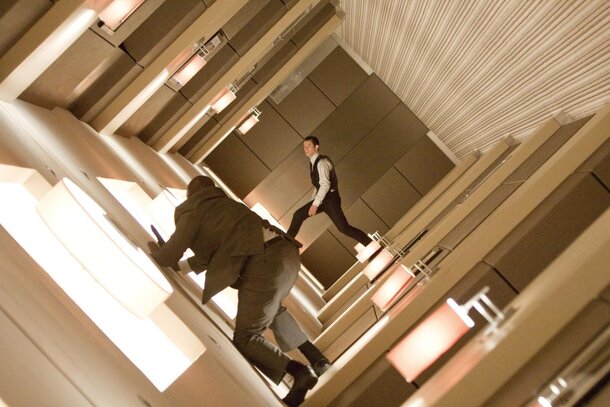
The genius of Inception lies in its multilayered structure, where dreams are nested within other dreams, forming a labyrinth of realities. Many viewers were genuinely lost trying to track the current level of dream depth. Japanese TV channels even took an unusual step: during broadcasts, they added special on-screen markers in the corner to help audiences navigate the film’s twists and determine exactly which dream layer was being shown at any given moment.
